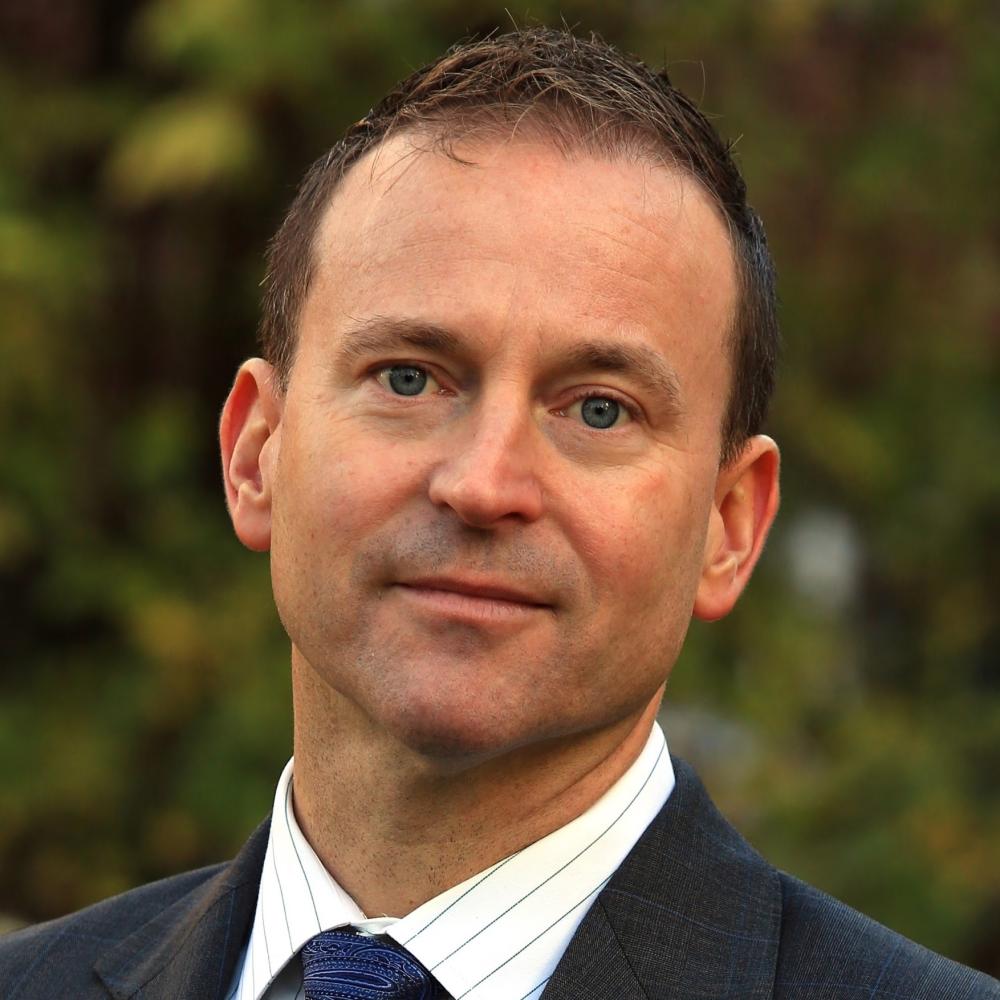
Organizations have faced numerous challenges over the past two years and will likely continue to operate in an environment fraught with risk as they navigate the ramifications of an ongoing global pandemic, climate change and unprecedented supply chain disruption.
Balancing both immediate stability and future growth can present different challenges spanning an organization’s capacity, people, and processes. However, if leaders reframe their approaches and take a closer look at their core business models during this time of evolution, they could unlock opportunities to mitigate future disruptions through a new model rooted in the application of sustainability.
The bigger the challenge, the bigger the opportunity
Facing extreme temperatures, drought, flooding and other climate impacts, organizations have a growing challenge ahead of them that has resulted in — and will continue to create — disruptions and increased costs related to their sites, property and supply chains.
Across the world, climate change is having a significant impact on the overall risk to workers, particularly those who work outdoors. Many business leaders have noted specifically how recent extreme weather events have slowed operations and taken a heavy toll on employees. Another significant effect of increasingly climate unpredictability and volatility is directly or indirectly harming an organization’s infrastructure. Too many businesses are still in the early stages of establishing formalized practices relating to continuity management and climate risk-related events, worsening widespread disruption.
Sustainability represents a massive transformational opportunity for the organizations who put innovation and new business models at the heart of their approach; however, awareness and action are two very different things.
Unlock opportunity through climate risk adaptation
To better understand exposure to climate-related risks, organizations can leverage climate forecasting data to identify and evaluate future climate impacts based on the locations and unique characteristics of their operations and supplier sites. With this, an organization can begin to prioritize points throughout their value chain based on how they are exposed, the timing and speed of climate risks, and the level of criticality of the sites.
Equipped with an improved understanding of climate exposure, leaders can then engage sites to understand their awareness and adaptive practices, which provides a more comprehensive understanding of vulnerability. With this more holistic view, leaders can then begin to adjust or build capacity and practices needed to properly understand and manage the specific risks across all sites and supplier sites.
By taking these first steps, organizations can begin developing a sustainable strategy to reduce climate risk exposure and limit the burden on organizational resources and suppliers. This should also be done in parallel with carbon reduction plans, which account for some of the transitional risks as the world shifts to a low-carbon economy.
Building credibility through sustainability
The potential pitfalls of ignoring climate risk are not limited just to infrastructural issues. Investors, customers and insurers increasingly view climate disruption as a material risk that requires a structured, scalable framework of practices to mitigate disruptions.
Institutional investors in particular have begun factoring climate risks into their rating processes following BlackRock CEO Larry Fink’s bold 2020 letter proclaiming climate change as an essential differentiating factor for future investment considerations. In addition, governments and leading organizations around the world are rapidly adjusting laws and reporting requirements around key climate factors such as carbon emissions and supplies of rare minerals, like those used in the much-discussed semiconductor supply chain.
One example lies in the new rules recently proposed by the U.S. Securities and Exchange Commission (SEC) related to public companies’ disclosure of climate-related risks. Businesses are likely to see increased investor and customer scrutiny resulting from these guidelines, which would require them to “include information about climate-related risks that are reasonably likely to have a material impact on their business, results of operations or financial condition, and certain climate-related financial statement metrics” in a note to their audited financial statements. As governments continue to impose additional reporting and disclosure requirements, it becomes even more urgent for businesses to get a handle on how climate change factors into their operations.
But rather than view these new considerations and evaluations as a nuisance or a threat, businesses must see them as a unique chance to build global credibility beyond their core business functions. Companies that can offer examples of sustainability success will soon be positioned for considerable growth and investment beyond their peers. While properly adhering to these new expectations may require a short-term investment in legal experts and climate specialists, for example, the long-term gains should prove to be worth the initial expenditure.
Sustainability represents a huge transformational opportunity for organizations. Those who put innovation and new business models at the heart of their approach today will be well placed to unlock the future benefits of this opportunity and drive change across their organizations.
Image credit: Pexels

Ryan Lynch is the Practice Director for Sustainability at BSI. He leads a team of cross-disciplinary practitioners in addressing client challenges related to climate action, human rights, circular economy and other impact areas addressed in the UN Sustainable Development Goals. He has partnered with global brands across a range of industries to develop and implement sustainability programs, assess organizational practices and strengthen stakeholder skills at their worksites, factories and farms around the world.














